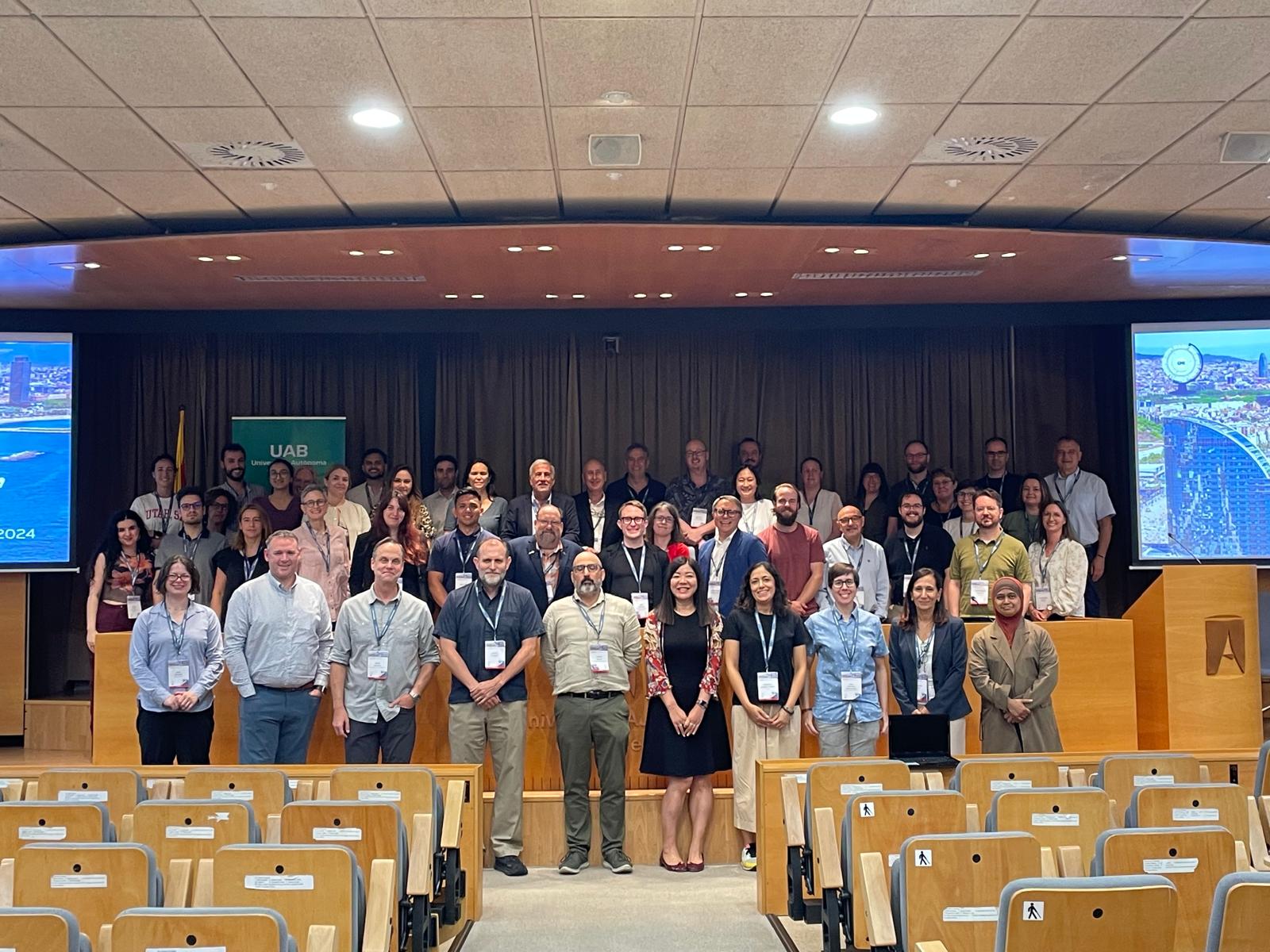The GMI steering committee members are listed below. Please expand each member to see a detailed description.
Stevens, Eric - GMI President - FDA
Here eventually some additional information.
- Email: Eric.Stevens@fda.hhs.gov
Allard, Mark - FDA
Here eventually some additional information.
- Email: Marc.Allard@fda.hhs.gov
Cammà, Cesare - IZSAM
Here eventually some additional information.
- Organisation: Istituto Zooprofilattico Sperimentale dell'Abruzzo e del Molise, Italy
- Email: c.camma@izs.it
Carleton, Heather - CDC
Here eventually some additional information.
- Organisation: CDC/NCEZID/DFWED/EDLB
- Email: wvt2@cdc.gov
Cordevant, Christophe - ANSES
Here eventually some additional information.
- Email: christophe.cordevant@anses.fr
Di Pasquale, Adriano - IZSAM
Here eventually some additional information.
- Organisation: Istituto Zooprofilattico Sperimentale dell'Abruzzo e del Molise, Italy
- Email: a.dipasquale@izs.it
Hsiao, William - SFU
Here eventually some additional information.
Jianghong, Meng - UMD
Here eventually some additional information.
Klimke, Bill - NIH
Here eventually some additional information.
- Organisation: NIH/NLM/NCBI
- Email: klimke@ncbi.nlm.nih.gov
Nitsche, Andreas - RKI
(TBC, from old website contents) Andreas Nitsche is currently head of the division Highly Pathogenic Viruses at Robert Koch Institute (RKI) in Berlin, Germany. He earned his degree in chemistry from the Technische Universität in Berlin in 1992, followed by a PhD from Freie Universität Berlin in 2001, and was promoted to professor in virology at Humboldt University Berlin in 2011. He has joined the faculty of Humboldt University as an adjunct professor in 2016.
From 2000 to 2002 Andreas was senior scientist at TIB MOLBIOL Berlin, designing and validating molecular diagnostic assays. In 2002 he joined RKI as senior scientist, was head of the central sequencing facility of RKI from 2004–2016 and established NGS at RKI in 2007. Also in 2007 he became head of the German Consultant Laboratory on Poxviruses and in 2008 head of the division Highly Pathogenic Viruses. He has been a member of the WHO Advisory Committee on Variola Virus Research since 2009.
Andreas has a particular interest in:
- development of diagnostics for the detection of highly pathogenic viruses, imported and emerging viruses
- development of approaches to identify and characterize new viruses, including NGS techniques
- basic research on highly pathogenic viruses in order to improve therapy and prophylactics and to elucidate mechanisms of pathogenesis
He is an accomplished scientist with particular expertise in molecular diagnostics of viruses, with more than 150 published manuscripts.
Contact information
- Organisation: Robert Koch Insitute (RKI), Germany
- Email: NitscheA@rki.de
Rivera Diaz, Victor - ACHIPIA
Here eventually some additional information.
- Organisation: ACHIPIA, Chile
- Email: victor.rivera@achipia.gob.cl
Takeuchi, Masami - FAO
Here eventually some additional information.
- Organisation: FAO
- Email: Masami.Takeuchi@fao.org
Timme, Ruth - FDA
Here eventually some additional information.
- Email: Ruth.Timme@fda.hhs.gov
Xu, Jianguo - ICDC
Here eventually some additional information.
- Organisation: CDC, China
- Email: xujianguo@icdc.cn
